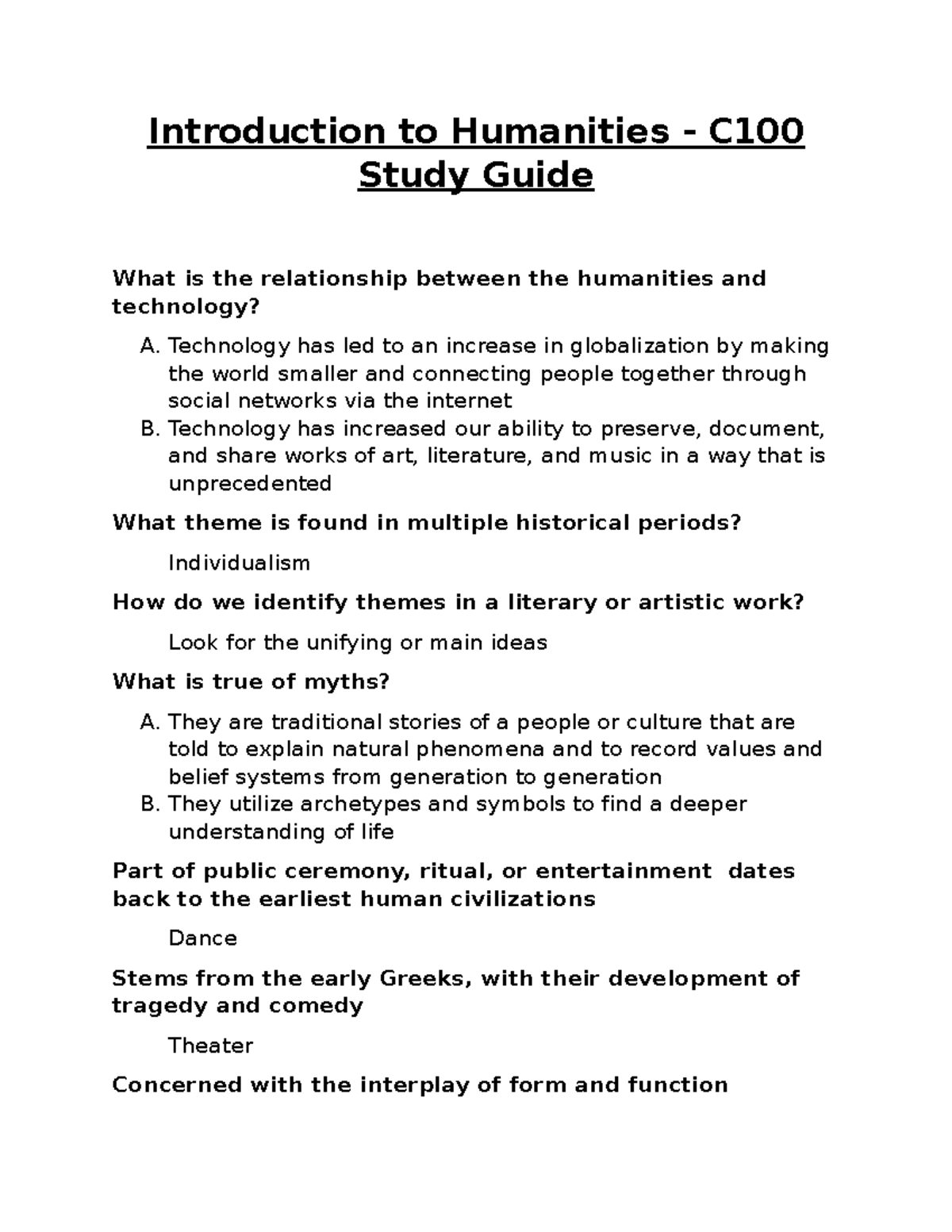The Medieval Academy Conference stands as a historic convergence for scholars of medieval studies, uniting over 800 academics from around the globe right in Harvard Yard. This landmark event, celebrating its centennial, aims to explore the rich tapestry of medieval scholarship, including thematic discussions on medieval literature and the lasting influence of figures like Geoffrey Chaucer. Held over three days, the conference features a plethora of workshops, presentations, and keynote addresses that facilitate vibrant discourse among international medievalists. Attendees engage deeply with topics ranging from trade agreements in medieval Venice to the wider implications of Chaucer’s work on contemporary literature. As this prestigious gathering rekindles its roots in the heart of Harvard, participants are invited to reflect on a century of progress and the future direction of the field.
The Medieval Academy Conference, an esteemed gathering of experts in the realm of medieval studies, highlights the significance of research and collaboration among scholars dedicated to understanding the medieval era. This illustrious event reintroduces the academic community’s exploration of historical narratives, literary analysis, and cultural heritage. As international scholars congregate to discuss a diverse array of subjects, such as the impact of medieval literature and the intricate connections between past and present narratives, the conference radiates an infectious enthusiasm for discovering new insights. Attendees are not only given the opportunity to showcase their research but also to engage in insightful dialogues that enrich the collective understanding of the medieval experience. In celebrating a hundred years of medieval inquiry, the conference continues to foster a rich scholarly environment that is both inclusive and forward-thinking.
The Significance of the Medieval Academy Conference
The Medieval Academy Conference, an esteemed event within the realm of medieval scholarship, stands as a pivotal gathering for international medievalists. It serves both as a platform for showcasing contemporary research and as a vibrant community for academics to engage in fruitful discussions. This year’s conference, marking its 100th anniversary, witnessed a remarkable turnout of over 800 scholars from 23 countries, all converging in Harvard Yard to celebrate the past, present, and future of medieval studies. By bringing together a diverse group of participants, the event underscores the global nature of medieval scholarship, expanding the dialogues that bridge various disciplines and geographic regions.
Participants delved into a rich tapestry of topics ranging from medieval literature to historical trade agreements, reflecting the breadth of interest within the field. The chance to engage with prominent scholars and emerging voices alike not only enhances the academic experience but also cultivates a spirit of collaboration that is essential for the evolution of medieval studies. The Medieval Academy Conference is not merely an academic event; it is a celebration of a century-long journey in exploring the complexities of medieval life and thought.
Exploring Medieval Literature Connections: Chaucer and Contemporary Voices
Chaucer’s influence permeates the discussions at the Medieval Academy Conference, particularly as scholars draw parallels between his work and contemporary literature. Fernanda García-Oteyza’s insights on Chaucer’s ‘The House of Fame’ evoke timeless themes of rumor and misinformation that resonate in today’s digital landscape. This connection to modern narratives, like those found in Patricia Lockwood’s works, emphasizes how medieval literature continues to inform contemporary understanding of narrative, authority, and the malleability of truth. Such discussions highlight the enduring relevance of Chaucer’s explorations of poetic creativity in the age of information overload.
As young scholars present their findings, it becomes clear that literature is not confined to its historical context but is instead an ongoing dialogue bridging centuries. García-Oteyza’s experience illustrates the excitement that emerges from examining old texts through fresh lenses, allowing for a transformative interpretation that can speak to both historical and modern audiences. Poetry’s dynamic relationship with reality, as showcased in the works of Chaucer and Lockwood, encourages attendees to think critically about the roles of authorship and authenticity in both the medieval and modern literary arenas.
Interdisciplinary Approaches in Medieval Studies
The Medieval Academy Conference serves as a melting pot for interdisciplinary approaches in medieval studies. With scholars from various backgrounds—ranging from history to literature—it fosters an environment where diverse methodologies can intersect. Elena Shadrina’s lecture on medieval trade agreements exemplifies how research in one niche can illuminate connections across disciplines, demonstrating the importance of commerce in understanding socio-political structures of the medieval era. Such a holistic approach encourages medievalists to think beyond traditional boundaries, ultimately enriching the field.
This interdisciplinary ethos received further support through workshops focusing on pedagogy and teaching the Global Middle Ages. Participants are encouraged to challenge conventions and adopt a more inclusive framework in their academic pursuits. By examining medieval narratives from various cultural perspectives—whether it be through the lens of Islamic history or the experiences of Scandinavian societies—scholars are primed to offer a more nuanced understanding of the interconnectedness of medieval worlds. This broadening of focus reflects the significant evolution of medieval scholarship over the past century.
Embracing a Global Perspective in Medieval Scholarship
One of the standout themes of this year’s Medieval Academy Conference was the embrace of a global perspective in medieval scholarship. The diverse array of presentations, covering topics from the Mediterranean to East Asia, showcases the vast tapestry of medieval experiences worldwide. This emphasis on global narratives not only fosters a richer understanding of medieval societies but also invites a rethinking of how we perceive European medieval history in a more expansive context. By moving away from Eurocentric perspectives, scholars at the conference are paving the way for a more inclusive academic discourse.
Graduate workshops, such as those organized by Assistant Professor Anna Wilson, spotlight the importance of thinking globally as medievalists in training. Students are encouraged to consider the broader implications of their work, and how medieval studies intersects with modern themes of identity, migration, and trade. This shift towards a global lens not only reflects the changing dynamics of medieval studies but also underscores the need for future scholars to address the complexities of medieval cultural interactions, enriching their research and fostering a truly interdisciplinary scholarly community.
The Role of Innovation in Medieval Studies
Innovation plays a critical role in advancing medieval studies, as highlighted by the lively discussions at the Medieval Academy Conference. Conferences serve as breeding grounds for new ideas and methodologies, giving scholars the chance to share cutting-edge research and experimental approaches. This year, the presence of a plethora of presentations and workshops demonstrates a collective commitment to understanding the evolution of medieval scholarship. Attendees explored topics such as the revival of ancient traditions and modern adaptations of classical texts, showcasing the dynamic nature of the field.
In an age where digital technology and social media reshape the way knowledge is disseminated, the academic community embraces these advancements to further engage with audiences beyond the confines of traditional scholarly publications. This shift leads to innovative outreach strategies and encourages collaborative research that resonates with the contemporary landscape. The Medieval Academy Conference embodies this spirit of innovation, as participants invigorate the study of medieval literature and culture by intertwining historical perspectives with modern relevance.
Networking Opportunities for Emerging Scholars
The Medieval Academy Conference is not only an academic gathering but also a vital networking hub for emerging scholars in the field. Participants such as Emily Sun highlight the transformative nature of forming connections within the academic community. By engaging in meaningful conversations and exchanging ideas with established scholars and peers, attendees are afforded invaluable opportunities to build professional relationships that can significantly enhance their careers. This kind of networking is essential for fostering mentorships and collaborative projects that can lead to pioneering work in medieval studies.
Moreover, the informal settings of the conference, such as social events and panel discussions, provide an ideal backdrop for scholars to connect on a personal level. These interactions facilitate a sense of camaraderie among scholars who share similar research interests, fostering an environment where ideas can flourish. For many, this communal aspect of the conference is as impactful as the formal presentations, as they leave with not only knowledge but also a sense of belonging within the medievalist community.
Engaging With Medieval Art and Material Culture
As part of the diverse programming at the Medieval Academy Conference, there is a vested interest in the study of medieval art and material culture. Scholars examine the artistic expressions prevalent during the medieval period and consider their implications in understanding social histories and cultural exchanges. By showcasing art alongside literature, there is an opportunity to explore how visual elements influence narrative structures, thereby providing a deeper comprehension of medieval thought. This interdisciplinary exploration invites participants to rethink traditional boundaries between literary and artistic scholarship.
Presentations at the conference reflected the intricate relationships between different forms of medieval expression, challenging the notion of studying these facets in isolation. Examining artifacts, manuscripts, and architectural styles provides valuable insights into the lived experiences of individuals in the medieval period. By engaging with the material culture of the Middle Ages, scholars are encouraged to draw connections that elevate their comprehension of both art and literature. This enhanced understanding serves to propagate a richer narrative of medieval human experiences.
Reflections on the Evolution of Medieval Studies
The Medieval Academy Conference provides a unique platform for reflecting on the evolution of medieval studies as an academic discipline. Scholars like Sean Gilsdorf underscore the importance of retrospective examinations that highlight how the field has transformed over the past century. The ability to acknowledge past scholarship while anticipating future directions fosters a dynamic academic environment where growth and innovation can thrive. The confluence of historical reflection and forward-thinking during the conference exemplifies how closely intertwined the past and future of medieval studies truly are.
As discussions unfold regarding the shifting paradigms in medieval studies, scholars are encouraged to consider the challenges and opportunities that lie ahead. Embracing new methodologies, such as digital humanities and global perspectives, will be pivotal in shaping the future landscape of the field. This forward-looking perspective not only honors the historical roots of medieval scholarship but also propels it into a new era rich with potential for exploration and discovery.
The Future of Medieval Scholarship: What Lies Ahead?
Looking towards the future, the Medieval Academy Conference serves as a key indicator of the shifting landscape of medieval scholarship. With an ever-growing interest in incorporating diverse perspectives and methodologies, scholars are poised to redefine the boundaries of the discipline. The conference acts as a catalyst for discussions on contemporary issues, such as representation and inclusivity, encouraging attendees to think critically about the narratives they craft within their research. This future-facing ethos is vital for the evolution of medieval studies and for broadening its appeal to new generations of scholars.
Moreover, the integration of technology in research and collaboration is anticipated to further enrich the study of medieval history and literature. As scholars increasingly employ digital tools to analyze texts and artifacts, the potential for groundbreaking discoveries expands. The conference crystallizes this forward-thinking momentum, inspiring participants to seek innovative avenues for inquiry that could transform our understanding of the medieval world. Overall, the future of medieval scholarship promises an exciting frontier, inviting scholars to engage in deeper, more complex explorations of this multifaceted era.
Frequently Asked Questions
What is the Medieval Academy Conference and what significance does it hold in medieval scholarship?
The Medieval Academy Conference is an annual meeting organized by the Medieval Academy of America, a pivotal event in medieval scholarship that brings together scholars, researchers, and international medievalists from around the globe. This conference allows for the sharing of research, workshops on teaching medieval studies, and discussions on topics ranging from literature to history, making it a top destination for medievalists.
How does the Medieval Academy Conference highlight Geoffrey Chaucer’s influence on modern literature?
At the Medieval Academy Conference, scholars explore the enduring influence of Geoffrey Chaucer on contemporary literature. Discussions often reference Chaucer’s works, such as ‘The Canterbury Tales’ and ‘The House of Fame’, illustrating how medieval literature reflects themes that resonate with today’s issues, including the relationship between truth and rumour, significantly contributing to modern understandings of narrative authority.
Who attends the Medieval Academy Conference and what can participants expect?
The Medieval Academy Conference attracts a diverse audience of over 800 individuals, including academics, graduate students, and established scholars. Participants can expect a rich program featuring plenary lectures, workshops, exhibitions, and concerts, providing extensive networking opportunities and insights into the latest research in medieval studies from various regions, including the Mediterranean and Islamic worlds.
What types of presentations are featured at the Medieval Academy Conference?
The Medieval Academy Conference features a wide range of presentations, including scholarly papers on topics like medieval literature, trade agreements, and global studies of the medieval period. Participants witness interdisciplinary approaches to research, with presentations addressing historical, cultural, and literary aspects of the medieval era, allowing attendees to explore the vast scope of medieval interests.
How has the focus of the Medieval Academy Conference evolved over the past century?
Over the past century, the focus of the Medieval Academy Conference has expanded significantly to reflect globalization in medieval scholarship. Recent conferences have included studies on various medieval cultures from around the world, encouraging interdisciplinary discourse that highlights the interconnectedness and diversity of medieval societies, highlighting a shift towards a more inclusive understanding of medieval studies.
What role does the Medieval Academy Conference play in shaping future directions for medieval studies?
The Medieval Academy Conference provides a platform for critical discussions on the future of medieval studies. By gathering international medievalists, the conference fosters dialogue on emerging scholarship and pedagogical approaches, inviting scholars to consider new methodologies and topics that will shape the future landscape of medieval studies over the next century.
How does the Medieval Academy Conference contribute to teaching medieval literature?
The Medieval Academy Conference offers dedicated workshops on pedagogy, helping educators rethink their approach to teaching medieval literature. These sessions enrich the teaching of medieval texts by providing innovative strategies and encouraging an emphasis on global contexts, thus enhancing the educational experience for students and reinforcing the relevance of medieval literature in contemporary discussions.
| Key Points | Description |
|---|---|
| Conference Overview | The 100th annual meeting of the Medieval Academy of America, held at Harvard, featured over 800 academics from 23 countries. |
| Themes Discussed | Topics included medieval studies’ evolution and its intersection with contemporary issues like misinformation and global perspectives. |
| Keynote Speakers | Emphasis on the importance of scholars like Fernanda García-Oteyza and her discussions on the parallels between Chaucer and contemporary authors. |
| Interdisciplinary Focus | Presentations covered a wide array of topics, such as medieval trade agreements and the revival of cultural events. |
| Networking Opportunities | Participants appreciated opportunities for collaboration and the sharing of ideas among peers during the event. |
| Historical Significance | The event marked the return of the Medieval Academy to its roots in Cambridge, demonstrating its growth over the past century. |
Summary
The Medieval Academy Conference has once again showcased its significance by bringing together scholars from around the globe to discuss the evolution and impact of medieval studies. The conference not only spotlighted the rich history of the field but also emphasized the importance of interdisciplinary approaches in addressing contemporary issues. As medievalists gather in Harvard Yard, they resonate with the challenges and innovations that have shaped their discipline over a century, fostering an environment ripe for collaboration and new ideas. This annual gathering reaffirms the Medieval Academy’s pivotal role in the academic community and sets the stage for the future direction of medieval scholarship.



